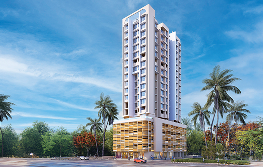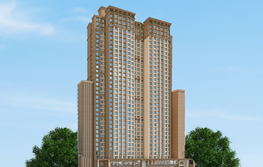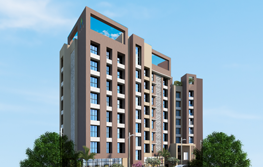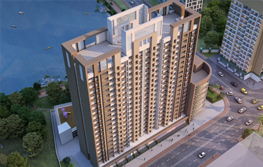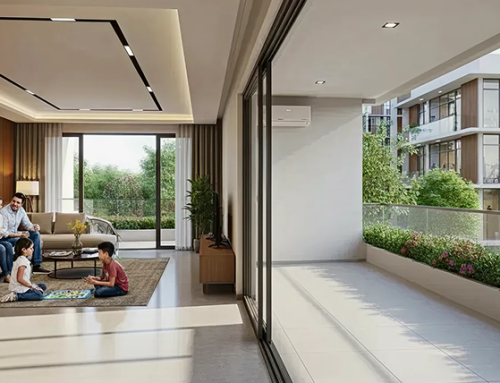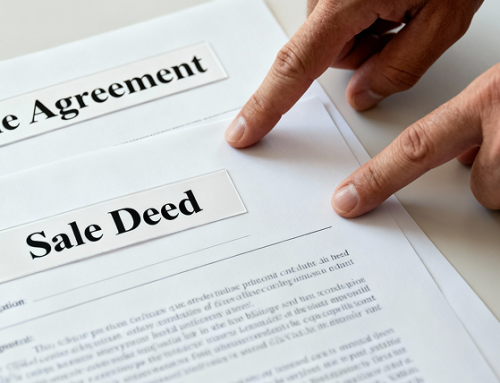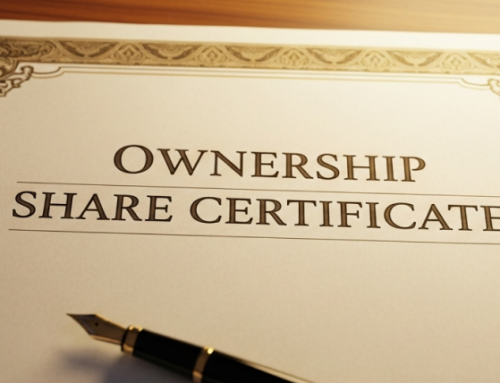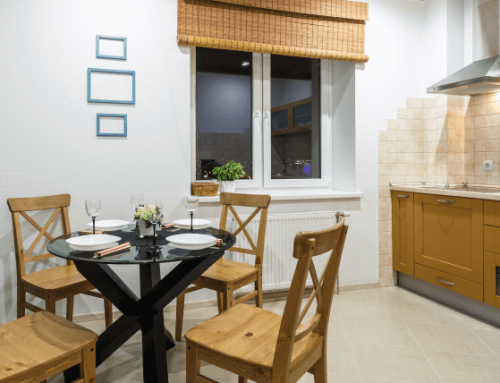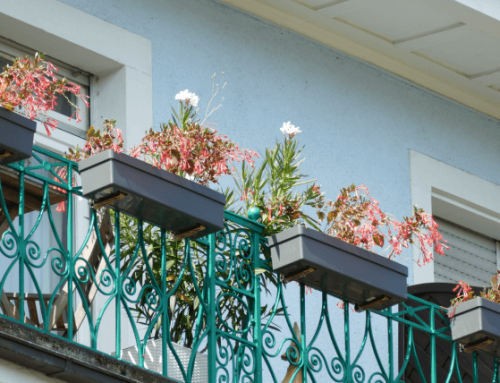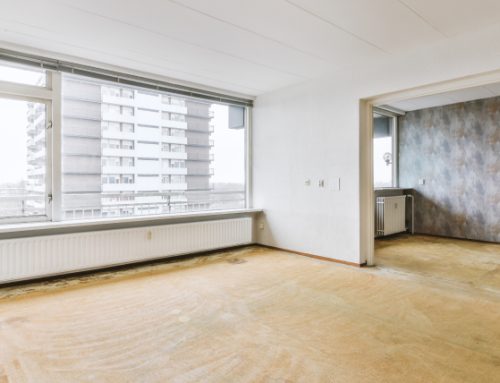Investing in a property is a major decision and needs to be carefully considered. While looking at different kinds of affordable flats in Thane, you may come across different options such as leasehold and freehold properties.
Both these concepts have critical differences and need to be well understood by the buyer to better understand the nature of investment and ownership role. In this article, we will look at both these concepts and what they mean for the buyer or investor of a property in Thane.
Leasehold Property
Leasehold property refers to a property where the land on which the property stands is leased or rented from the landowner for a specific duration. The lessee holds the property rights for the duration of the lease agreement, which typically ranges from 30 to 99 years. At the end of the lease period, the ownership of the property reverts to the lessor unless the lease is renewed.
Freehold Property
Freehold property, on the other hand, gives the buyer complete absolute ownership of both the land and the property standing on it. The owner, known as the freeholder, has unrestricted rights over the property such as a luxury 2 BHK home in Thane, including the right to sell, transfer, or modify it without any constraints. Freehold properties do not have any lease term limitations, providing perpetual ownership to the buyer.
Key Differences between Leasehold and Freehold Property
1. Ownership Rights
In leasehold properties, the ownership rights are limited to the duration of the lease agreement, after which the property reverts to the lessor.
Freehold properties offer complete ownership rights, allowing the freeholder to retain ownership indefinitely without any lease restrictions. As a freeholder of a 2 BHK studio apartment in Thane, you can ensure that the property will stay in your family for future generations as well.
2. Duration of Ownership
Leasehold properties have a predetermined lease period, typically ranging from 30 to 99 years, after which the ownership reverts to the lessor.
Freehold properties provide complete ownership, allowing the freeholder to own the property indefinitely.
3. Transferability
Leasehold properties may have restrictions on transferability, as the ownership rights are tied to the lease agreement.
Freehold properties offer greater flexibility in transferability, allowing the freeholder to sell, or transfer the property without restrictions.
4. Responsibilities and Obligations
In leasehold properties, the lessee may be responsible for paying lease rent, maintenance charges, and other obligations of their residential property in Thane as mentioned in the lease agreement.
Freehold property owners have complete authority over the property and are responsible for all associated obligations, including property taxes, maintenance, and repairs.
5. Value Appreciation
Freehold properties are believed to have higher value appreciation potential due to their perpetual ownership rights and greater market demand.
Leasehold properties may experience slower value appreciation, especially as the lease term approaches expiration.
Conclusion
Deciding between leasehold and freehold properties will depend on several factors such as personal and financial considerations. While freehold properties offer a lot more freedom, leasehold arrangements may be suitable for people looking to avoid ownership. When purchasing any kind of property, always check for a trusted real estate developer in Thane such as Ace Realty.

